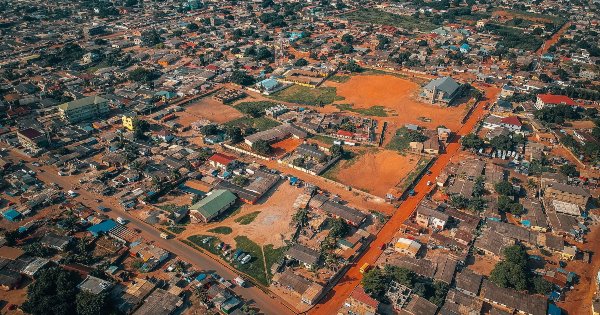Alex Kofi Donkor is the Director of LGBT+ Rights Ghana & Programs Manager of Priorities on Rights and Sexual Health.
Scott Douglas Jacobsen: So, May 17th was the International Day Against Homophobia, Transphobia and Biphobia. We have done an extensive interview before. You are a reasonably major figure in terms of being outspoken for the LGBTI community in Ghana. From a Ghanaian perspective, as a relatively progressive country, what are some of the cultural manifestations of homophobia, transphobia, and biphobia? Why is awareness and commemoration, as per May 17th, important when it comes to that – especially in light of the fact of discrimination people can face disproportionately?
Alex Kofi Donkor: Thank you, Ghana is a progressive country but there is still a lot of work that needs to be done especially in the area of human rights. I feel like it is very religious. The majority of people believe in certain morals and beliefs. A significant proportion of Ghanaians are Christians, about 72%. There is Islam or Muslims, about 17% and also traditional worshipers taking other parts of the percentage and a few people none religious.
These beliefs especially Christianity and Islam happens to condemn LGBTQ. This impacts so many areas of life, e.g., political, social, economic, law, history etc. 90% of the population believe in a form of religion. These are the same people who occupy all the sectors of this country. public, private, the media, the presidency, parliament, judiciary, police, service providers, businesses, you name it. Almost all of these individuals in the population are religious.
When these religions have a particular stance on LGBTQ, and like we have always experienced, negative, it clearly reflects in the way their believers behave towards the community. They show hate to the community. The media constantly offers its platform for such behaviour to thrive. You realize the high possibility of LGBT persons being abused in the country as a result of these rhetorics.
So, I believe it is important to mark a day like this, an international day, that we speak up and challenge the oppression the community goes through in this country. Ghana is not an island, Ghana is part of the world and soo is its people. It is essential for LGBTQ Ghana to be safe wherever they find themselves in the county and challenge views, behaviours and laws that do not allow them to live to their full potential as citizens.
Whatever perspective one holds about other people in the country, the bottom line is that those people have equal rights as Ghanaians. Nobody is more Ghanaian than the other. Even if it is one lesbian or gay or bisexual or transgender, that individual has the same rights as any other Ghanaian. And it is important to raise such awareness.
Photo by Virgyl Sowah on Unsplash

